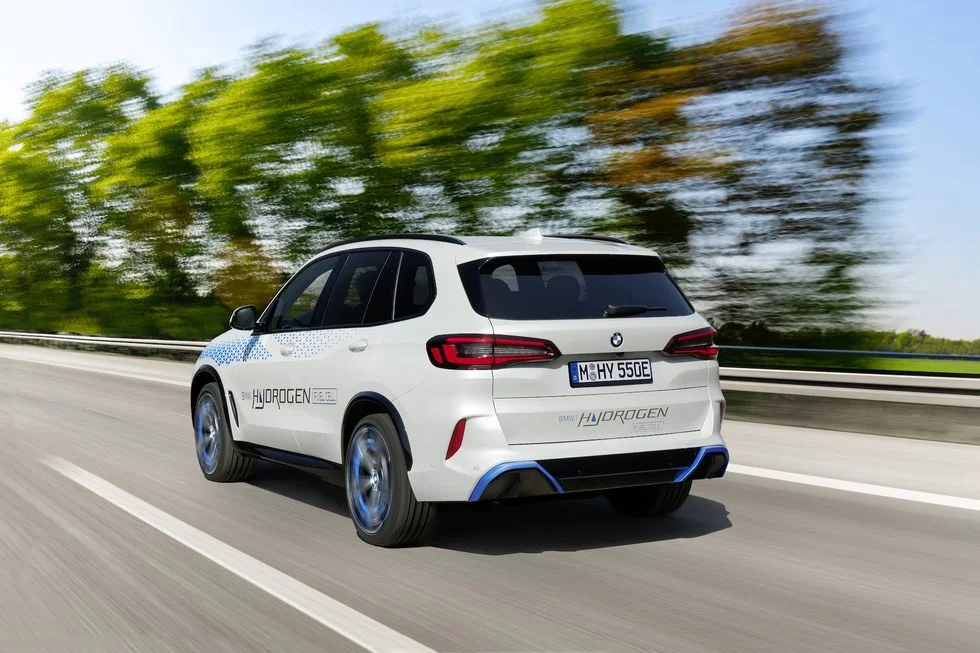The BMW iX5 hydrogen fuel cell SUV is now entering low-volume production and will begin testing in selected regions next spring.
Based on the regular BMW X5, the iX5 is equipped with a fuel cell stack, an electric motor and battery, and a new floor to place its hydrogen tanks.
Along with a growing number of automakers, BMW says it is committed to tackling global climate change and aims to be carbon neutral by 2050, and the BMW iX5 is proof of that. Unlike many automakers, however, the German brand believes that hydrogen fuel cell vehicles will play an important role in reaching that goal. , along with battery electric vehicles, of course.
Leading the charge is the hydrogen-powered BMW iX5 SUV that has just entered low-volume production. It was first introduced a few years ago by the iHydrogen Next concept that appeared at the 2019 Frankfurt Motor Show. Starting next spring (2023), the small batch of iX5s that BMW is now building will hit the road. in selected regions around the world for testing purposes.
Based on the regular BMW X5, which is built at the company’s factory in Spartansburg, South Carolina, the iX5 is assembled at BMW’s Research and Innovation Center in Munich, Germany. The transformation from X5 to iX5 includes changing an all-new floor to accommodate the fuel cell system’s two hydrogen tanks that are located under the midsize SUV’s center tunnel and rear seats. The tanks have a total capacity of about 16 pounds and power an underhood fuel cell stack along with a rear-mounted electric motor and battery.

BMW says the iX5’s entire fuel cell electrical system generates a combined 374 horsepower. The company also says its curb weight is comparable to the X5 plug-in hybrid, which weighed in at 5,627 pounds on our scale. BMW claims that the iX5 can accelerate from zero to 62 mph in less than seven seconds and has a top speed of 118 mph. It also has an estimated driving range of around 310 miles, though that claim is based on the optimistic European WLTP cycle.
BMW believes fuel cell powertrains will provide a carbon-free alternative for customers with needs that electric vehicles cannot meet, such as those who need to refuel quickly and don’t have access to fast charging. The company also believes that hydrogen power will help offset the challenges facing electrification, especially with medium- and heavy-duty trucks. Other problems the technology is said to address include regions with limited power grid capacity and renewable resources. Furthermore, BMW says that more than 40 countries worldwide currently have a strategy regarding hydrogen power, citing the continued buildup of hydrogen filling stations since 2020.

